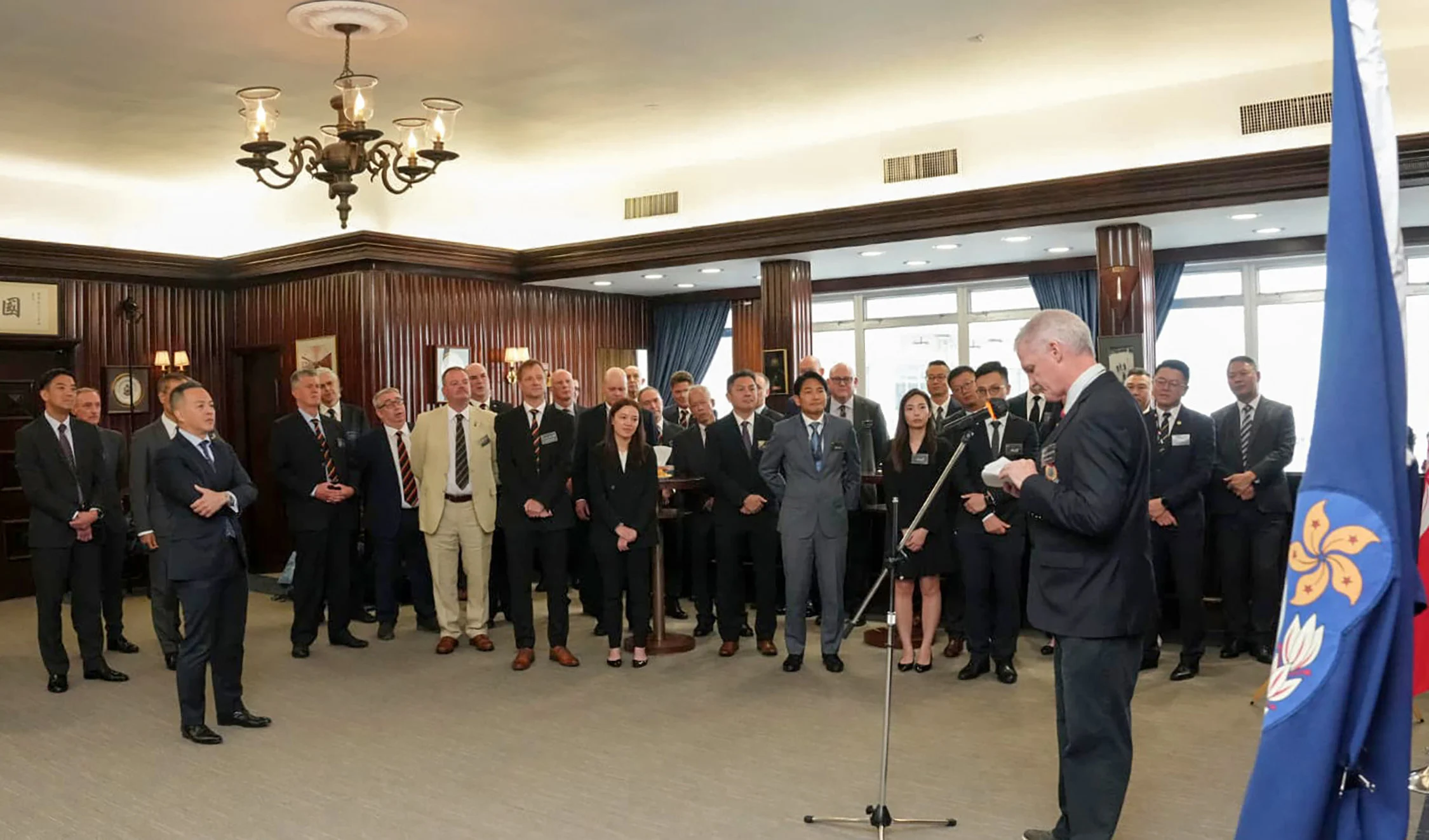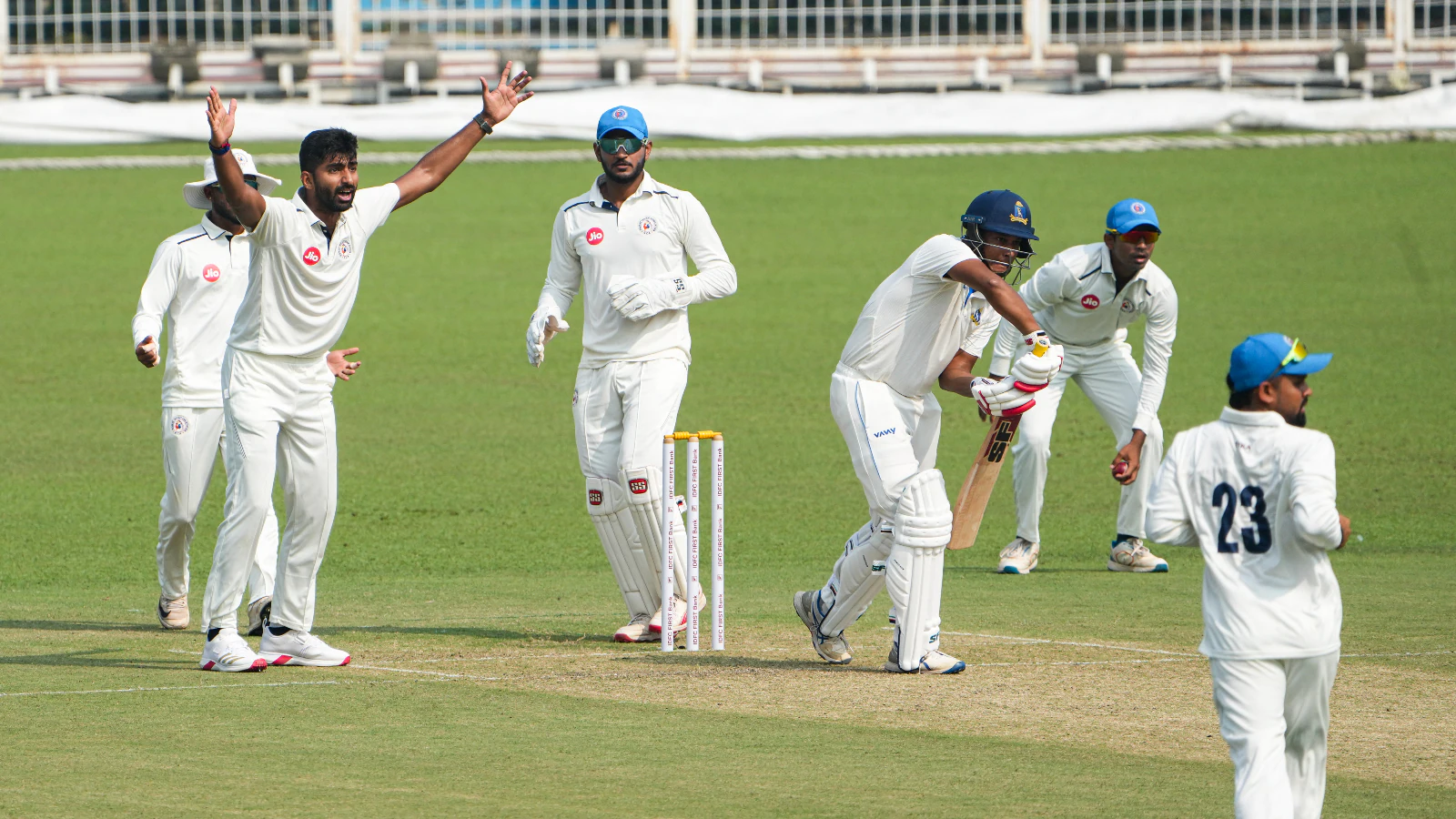Copyright scmp

Hong Kong’s expatriate police association has been disbanded after 78 years, but its last chairman has said the contribution of overseas officers will remain part of the force’s legacy forever. Chief Inspector Anthony William Lothian, also known as Tobi, told the Post in an exclusive interview that the Overseas Inspectors’ Association had been disbanded on Friday as he, as its last chairman, would retire at the end of the month. “It’s quite an emotional affair. We were the first association to come into existence, and having been with it for the past 36½ years, it’s quite a monumental time for it to disappear off the face of the Earth,” Lothian said. Established in 1947, it was one of four staff associations within the force responsible for lobbying for higher pay and welfare for its officers, alongside the Superintendents’ Association, the Hong Kong Police Inspectors’ Association and the Junior Police Officers’ Association. Lothian, 59, joined the Hong Kong Police Force from the United Kingdom in 1989 and the association in the same year. He said there were up to 900 members back in the day, but by the time the association closed, only six remained. Police records show 25 expat officers remain in the force as of October. The most senior among them is Assistant Commissioner David Jordan, who oversees the Operations Wing. Those who had been promoted would leave the Overseas Inspectors’ Association for the Superintendents’ Association, but some remained as associate members alongside other retired members. Now an assistant divisional commander for administration in Chai Wan, Lothian took up the mantle for the association in 2021. “I was selected by the team that was there at the time, simply because I was going to be around for the longest time,” he said. The chief inspector was originally due to retire in 2020, but chose to extend his service for another five years over entering the private sector after weighing factors like job opportunities during the Covid-19 pandemic. Lothian’s journey to the East began at the age of 23, when he decided to “try his luck” in Hong Kong after applying for police posts in the then British colony and within England, leaving his training to become a court clerk in London. The British officer went on to spend most of his career in criminal investigation, having worked for the former financial intelligence and narcotics bureau, the commercial crime bureau and anti-triad squad in Yuen Long police district. His proudest achievement was cracking an accounting fraud case against failed tycoon James Henry Ting, whose consumer electronics firm Akai collapsed in 2000 with debts of more than US$1 billion – the largest corporate collapse in the city at the time. While the 78-year-old association had weathered the uncertainty faced by expat officers – and changed its name from the Expatriate Inspectors’ Association – during Hong Kong’s return to Chinese sovereignty in 1997, Lothian believed its role within the force remained constant. He also said some of the benefits he was lobbying for would be extended to local officers as well. Describing the organisation as a bridge between expat officers and the force’s top brass, Lothian said he was still lobbying for better pay, accommodation and employment terms a week before the association dissolved. Post-retirement service conditions were also on the agenda, as many had opted to extend their service beyond the retirement age of 55. Some officers, like Lothian, were working on a post-retirement service contract scheme, where they would receive their basic salary for their rank and 20 days of leave per year. However, officers who retired after April 1, 2021 could qualify for a newer scheme that would allow them to keep their original contractual benefits in post-retirement service until they turned 60. This scheme was launched to address a manpower crunch and slumping job application numbers during the social unrest in 2019. The difference between the two post-retirement contracts for expat officers was stark, as their overseas service contract from the colonial era promised different benefits than that of local hires. These included gratuity payments every three years of 25 per cent of the officer’s basic salary over the period and an annual passage allowance of HK$35,000 for the officer, spouse and children under the age of 25. “I think, overall, the vast majority of officers of my era would prefer to stay on and continue offering their services to the force and the public,” Lothian said. With the era of expat police officers in Hong Kong drifting towards a close, Lothian was confident that their contributions to the force and the association’s efforts to improve officers’ well-being would remain. “The legacy that we leave behind is the fact that we have contributed massively towards the success of Hong Kong,” Lothian said.



